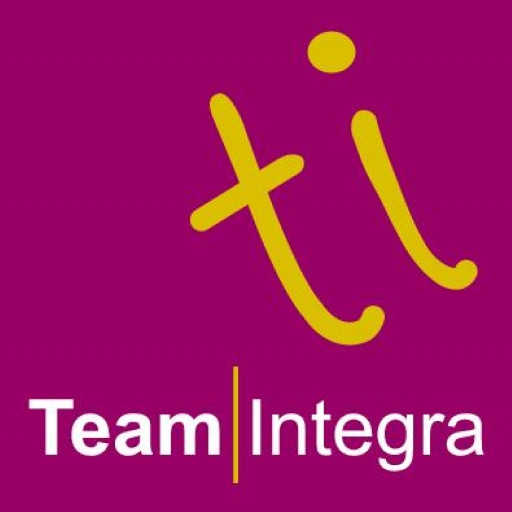
Sector: Speciality Chemicals
Core Processes: Solution mixing, fibre spinning, heat treatment and packaging
Core Products: Saffil fibre
Background
Saffil is a global company developing and selling high temperature solutions and performance materials. The business was created after the invention of Saffil high alumina fibre and has been established for over 20 years.
Saffil’s major business areas encompass Automotive applications and Performance Materials.
The Saffil business has a rich history based around the class leading Saffil® High Alumina Fibre and has received awards such as Queens Award: Technology (1978), Export Achievement (1995). The business has subsequently evolved into one of the foremost performance materials businesses.
Whilst Saffil are in a strong position in the marketplace there is increasing pressure from their main competitors. In order to support the future of the Widnes site the Operations Management team took the decision to implement Lean Manufacturing Principles with the objective of developing a World Class manufacturing facility.
Aim
Using lean principles design and implement an operational control system that enables local daily management of the manufacturing plant. The system must fit with TS16949 and any current and future statutory regulatory requirement.
How?
Implementation
-
- Critical standards
- Define critical characteristics
- Develop critical standards
- Make status visual
- Implement – check status and reset process
- Critical standards
Define critical characteristics

Prioritisation Matrix (visual FMEA summary)
Daily Operational Control System
- Objectives
- Communication
- Check and reset
- 24 hr control
- Action management
- Ownership and accountability
- Use current systems
Daily Process Control System

- Objectives
- Eliminate tweaking
- Best process knowledge used
- Act on trends
- Knowledge capture
- Teamwork
- Anticipate problems
Benefits
- Stable processes that demand minimal management effort
- The living control boards mean that it is easy to see any deviation from standard
- The input control system means you can fix an issue before a defect batch is made
- The living control boards enable local work team management
- 28% Increase in total output
- March – August Year 1: 595,610kg
- March – August Year 2: 765,000kg

